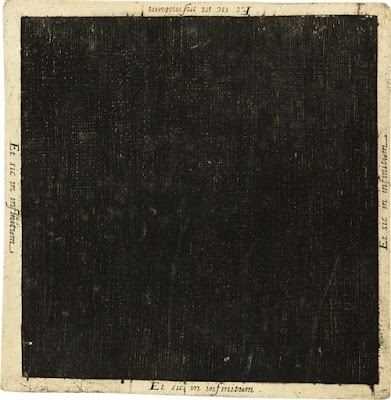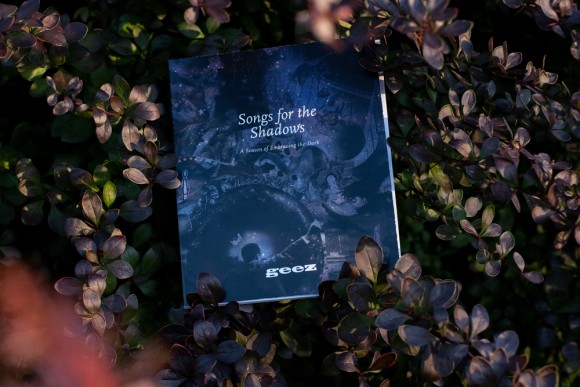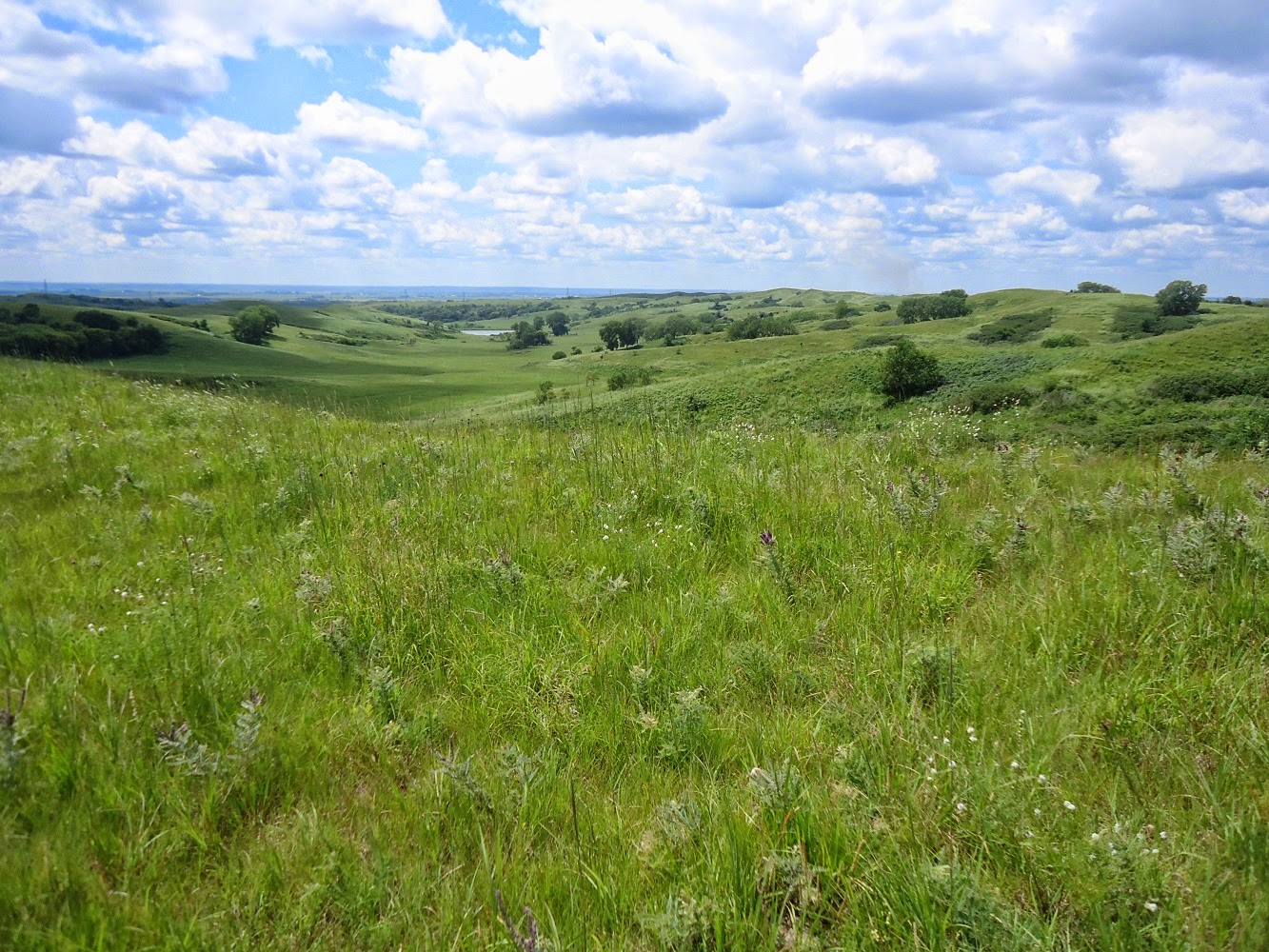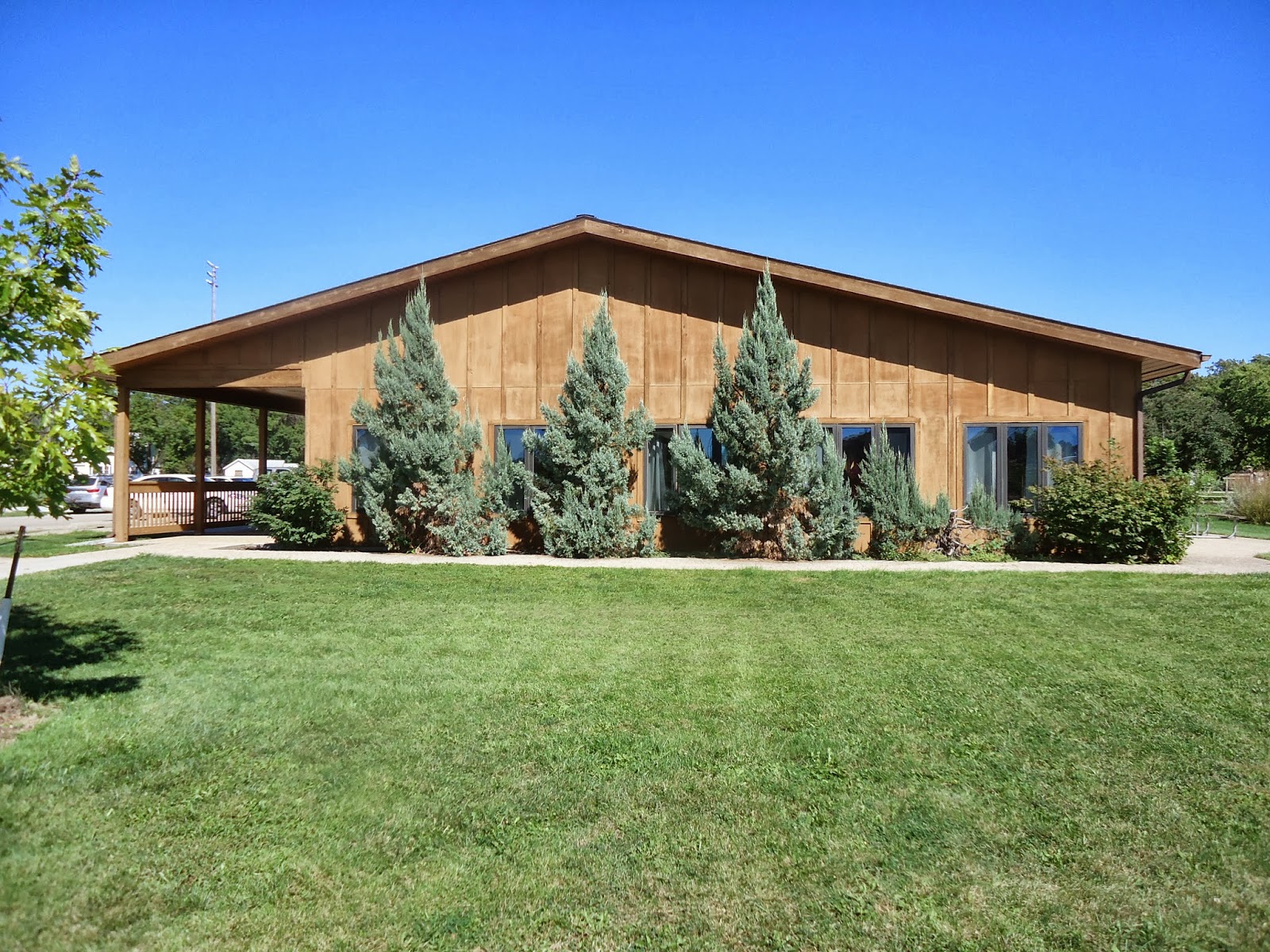Into the Darkness
 |
| Robert Fludd's black square representing the nothingness that was prior to the universe, from his Utriusque Cosmi (1617), from Public Domain Review |
This time of year can be a time of dread, with the growing darkness and the accompanying cold. It's punctuated with autumn holidays, Halloween and Thanksgiving, but it feels long and unpleasant.
Darkness is so often used to signify "bad" in contrast to light as "good". It's a handy metaphor, but for so long has contributed to harm towards people with dark skin. In a Christmas sermon, the Biblical scholar Rev. Wil Gafney said about the birth of Jesus as told in the Book of John: "This good news is framed in the stark language of light and dark, shadow and glory. And it is far too easy for us as Americans to hear those words through our history of race and racism. We are taught from a young age that everything light and white is good and everything dark and black is bad." It was one of her tweets on the topic that first challenged my thinking on dark vs. light (shared further down below in this post).
"We are afraid of the dark but God is not. Darkness is a creative space to God. Out of darkness God created everything that is, including light," she preached.
We can think of darkness as a positive space. The darkness of a womb. The darkness under the soil where a seed harbors future growth. The night sky where celestial lights spark wonder and imagination.
A photography darkroom where art is made. The darkness that triggers the brilliant color of a poinsettia plant. Cozy darkness that prompts feelings of hygge.
I've been thinking about darkness and I've collected a few things for dwelling on darkness in fruitful ways to share with you all, starting with the brilliant Black women from whom I've learned to see darkness differently:
The Rev. Wil Gafney, Ph.D. has tweeted, preached, and otherwise written about darkness as generative. Sermons include Embracing the Light & the Darkness in the Age of Black Lives Matter and Holy Blackness: The Matrix of Creation.
I have come to appreciate Advent so much more without the light/dark binary. Rather, I see darkness as the generative space in which light is conceived and from which it is born. Both holy, both life-giving.
— DJ Roller Derby Scoot Scoot (@WilGafney) December 5, 2018
Writer and liturgist, Cole Arthur Riley, writes and curates Black Liturgies on Instagram:
The book Wintering: The Power of Rest and Retreat in Difficult Times* by Katherine May
Nowadays it seems there are few festival days at all, apart from Christmas, and with artificial light and modern technologies, we, unlike our ancestors, are disconnected to rhythms of the year, for the most part. But May writes that the noticing of the rhythm makes it easier to get through--after visiting Stonehenge, noticing that the sun rises a little earlier makes it easier to get out of bed in the morning.
“More than any other season, winter requires a kind of metronome that ticks away its darkest beats, giving us a melody to follow into spring. The year will move on no matter what, but by paying attention to it, feeling its beat, and noticing the moments of transition--perhaps even taking time to think about what we want from the next phase in the year--we can get the measure of it,” May writes.
You might follow the Wheel of the Year, or observe the solstices, or in the tradition of the Christian church, you might follow the liturgical calendar. That is the church year observed by Catholic and mainline protestants and others that begins with Advent, four Sundays before Christmas, and follows the life of Christ over the course of every year. Advent is a somewhat dark and somber period while the faithful look ahead to the coming of the Light of Christ. So as the whole Northern hemisphere is progressing into the darkest days of the year, by Christmas day, we will have passed Midwinter, the Winter Solstice on December 21st, and already on the path to lighter days.
 |
| source: https://geezmagazine.org/blogs/entry/songs-for-the-shadows |
Geez Magazine Advent book Songs for the Shadows
A daily Advent reflection book with contributions by Geez mag writers and artists. As the nights grow longer, this collection embraces the teachings of the darkness, inviting the reader to slow down and adopt a new rhythm.
“It was the darkness that first invited me in. I learned to love the movement of the seasons, the cycles of life, by wading into the darkness. She offered her hand and an abyss in which to sink, a chaos to surrender to. She taught me to rest, made room for my uncertainty.
It was there in the darkness that I made space for my grief. Burrowing deep into the earth, I made a home for myself with the roots. She nurtured my soul, weary from years of rushing when the seasons called me to wait. I fed on the stories of leaves, long ago turned to dirt. She silenced the voices of productivity and performance. Cooed me to sleep.”
- by Kimmothy Cole, A Home for Myself
 |
| source: Atlas Obscura |
Online course from Gastro Obscura: Into the Dark Season: Foraging & Folklore With Felicity Roberts
Four sessions, starting November 4th. "Join herbalist and forager Felicity Roberts on a four-week culinary journey into the dark season. As the days grow shorter in the Northern Hemisphere, we’ll explore seasonal festivals, folklore, and metaphysical philosophy from across the globe—knitted together by common plants and the sacred foods they’ve been a part of for millennia. We’ll appreciate abundance, examine our dependence on the whims of nature, explore mortality, and cultivate curiosity for the other side of the veil: the land of the dead. ... By the end of our time together, we’ll have begun preparing for a new seasonal chapter with the impending Winter Solstice and the return of the light."
◇◇◇
Particularly because I am an observer of Advent, I am used to thinking of this time of year as a waiting time. I'm waiting for the coming of Christ, for Christmas. I'm waiting through the autumn and winter days, while plants die off and go dormant, for the coming spring when growing season starts again. Rather than resigning ourselves to gloom, I suggest that we find ways to cope, including noticing the passage of time, and using the long nights and short days for contemplation and preparation for what comes next. Having trust that we have no control over time or the movement of the planet, but that the sun will continue to set and rise.
"So the darkness shall be the light, and the stillness the dancing."
Wait Without Hope
I said to my soul, be still, and wait without hope
For hope would be hope for the wrong thing; wait without love,
For love would be love of the wrong thing; there is yet faith
But the faith and the love and the hope are all in the waiting.
Wait without thought, for you are not ready for thought:
So the darkness shall be the light, and the stillness the dancing.
Whisper of running streams, and winter lightning.
The wild thyme unseen and the wild strawberry,
The laughter in the garden, echoed ecstasy
Not lost, but requiring, pointing to the agony
Of death and birth.
T.S. Eliot
*Disclosure: I am an affiliate of Bookshop.org and I will earn a commission if you click through and make a purchase.


Comments
Post a Comment